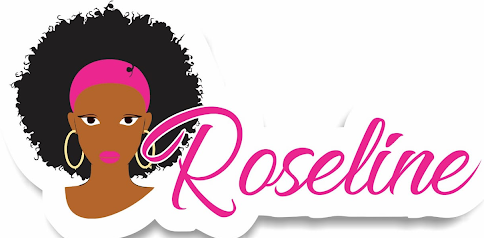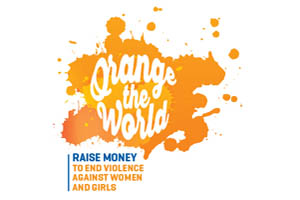16 Days of activism against Gender-based violence
The UN sets aside the days between 25 November, the International Day for the Elimination of Violence against Women, to 10 December, Human Rights Day every year as 16 Days of Activism Against Gender-Based Violence. The 16 Days of Activism is an international campaign to challenge violence against women and girls. In that period, people all over the world are encouraged to raise awareness about gender-based violence or violence done against women. There are lots of marches, online and offline discussions and all forms of sensitization that educate the general public about gender-based violence.
Gender-based violence is violence that is usually targeted at a particular gender – in this case, females. Issues like rape, assault and all forms of abuse are included in this. For years, it seemed like the society was very supportive of rape culture with the way they upheld toxic masculinity. Tough men were seen as men who were hard, rough and violent. They were also men who took things they wanted – even when the other party was an unwilling participant. For centuries, men were painted as predators – brute beasts who shouldn’t be angered because they had short fuses. Some of them lived up to expectations and wrecked a lot of havoc while the ones who rejected that image were scorned. As a result, women were labelled prey and always asked to be careful or wary around men. Thankfully, toxic masculinity is fast fading because more men are refusing to be defined by toxicity and wickedness. Rather, they are choosing empathy and kindness. Some have also chosen to teach other men a better way to live.
The society upheld rape culture when it championed the culture of shame and silence. Shame and silence are probably the two qualities every woman in the world is familiar with. “Cover-up,” “sit this way” “Don’t speak too loudly” “Lower your voice.” In a bid to teach homeliness and chastity, it feels like we went overboard. We went overboard especially when we began to ask rape victims, “Where were you? what time of day was it? what were you wearing? Do you know him?” then, we said, “Don’t tell anyone – everyone will know you are no longer intact.” And so, women try to avoid rape and when they got raped, rather than seek redress, they shrunk back in their shells and died internally.
That was where they failed us. By making us feel like it was our fault when we were abused in any way. But it’s not. It never was. The only cause of rape is the rapist. The only cause of gender-based violence is the abuser. I love what I heard in one Indian movie. A young lady was raped and she sued the man. Her mother said she was bringing shame to the family by going public on her rape incident. The protagonist said, “Why should I – the victim – be the one that is ashamed of what has happened while the person responsible roams the street wild and free with no trace of guilt in his heart? It is he who should be shamed, not me. It is he who has done wrong, not me.” That part of the dialogue was everything for me!
As we mark these days, let’s lend our voices to stopping gender-based violence in what little way we can. I love the video the Nigerian comedians on Instagram (Maraji, Lasisi elenu, Taaoma, Josh2funny and co) put out. It was informative and educative. In it, they made it clear that it is unacceptable to make rape jokes. They talked about how 1 in 3 women have experienced some form of gender-based violence, how such jokes make light of a serious situation and encourage the culture of silence. And how that they can be triggers to a good number of women in the artist’s audience. I felt really proud watching them and I hope that more people would lend their voices to this just like they did.
Photo Credit : Who

